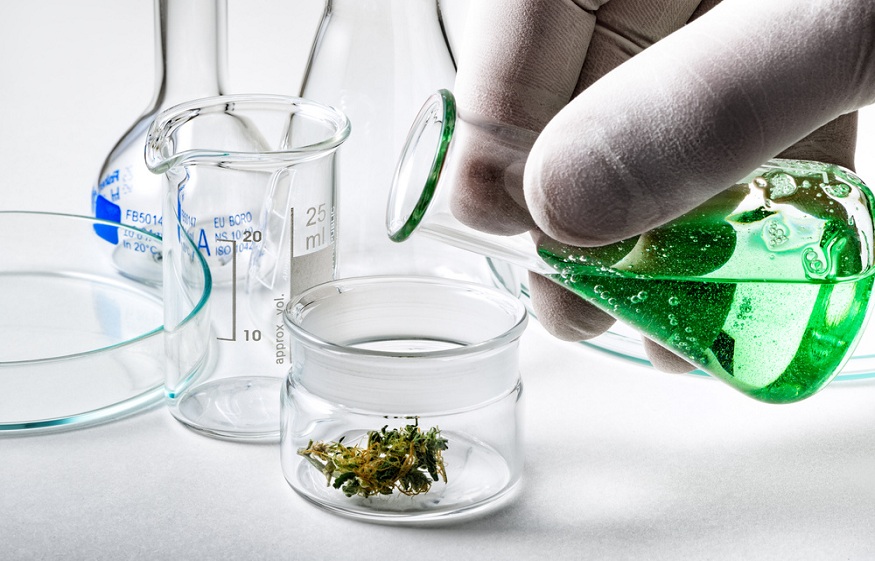Cannabis Research Explodes – How Much of It Is Clinical?
For as long as many of us can remember, cannabis proponents have been calling for more research into the medical benefits of consuming the plant. Until recently, the volume of available research has been limited. But things are changing. In fact, a recent study published in the Journal of Cannabis Research indicates that the volume of cannabis research has exploded over the last couple of years. It would be interesting to know how much of that research has been clinical.
Some 30,000 studies on cannabis have been done since 1829. However, the pace of research has picked up considerably in recent history. Researchers have even gone so far as to identify the reasons for studying cannabis and, to no one’s surprise, medical use has been the most popular motivation.
Not All Research Is Equal
Before anyone gets excited, it must be noted that not all research is equal. There are two lines of thought in medical research: clinical and epidemiological. In a clinical study, researchers actually measure the effects of a given medicine or procedure on a defined population through controlled administration and observation.
A clinical cannabis study would involve two groups of patients. One would be the test group and the other the control. Both groups would be given medications, offered procedures, etc. They would be tracked to see how they responded. Clinical research produces hard and fast data with defined limitations.
Epidemiological research does not look at individual subjects or drugs, treatments, etc. Rather, it looks at larger groups of people in an effort to establish links between behavior and consequences. A good example is a recent study that seems to suggest regular cannabis consumption does not have a detrimental effect on human health. The study was not clinical, it was epidemiological.
It Makes a Difference
The type of study a research team conducts on medical cannabis matters. The FDA demands comprehensive clinical studies before approving new drugs, procedures, and medical devices. Epidemiological studies will not suffice. Only clinical studies can definitively prove safety and efficacy. All epidemiology does is established links. But links do not prove causation.
If we really want to know how effective cannabis is as a pain treatment, only a clinical study can tell us that. We need to get together thousands of test subjects and study them under controlled circumstances. We need to know exactly what medicines they are taking, what is in those medicines, and how their bodies are responding.
Treat It Like a Medicine
Study types matter when we talk about cannabis as a medicine. In Utah, pharmacies like Salt Lake City’s Beehive Farmacy sell what the state considers cannabis medicines. State lawmakers have no intention of embracing recreational use at any point in the future. They want their medical program to remain medical only.
The goal of Utah’s regulators is to treat cannabis like a medicine. They ultimately hope to see legal changes that would allow doctors to write traditional prescriptions. They would like to see targeted medicines developed to meet targeted needs. For all of that to happen though, clinical research is necessary.
Epidemiology is fine. It has its place at the scientific table. But if medical cannabis research is to continue growing, it needs to be clinical research more than anything else. Epidemiological research and analytical studies of previous data sets are never going to establish, beyond all doubt, that cannabis has legitimate medical uses. We need clinical research that investigates specific drugs and their effects on specific conditions. Otherwise, we are taking weak data and using it to form equally weak postulations.



